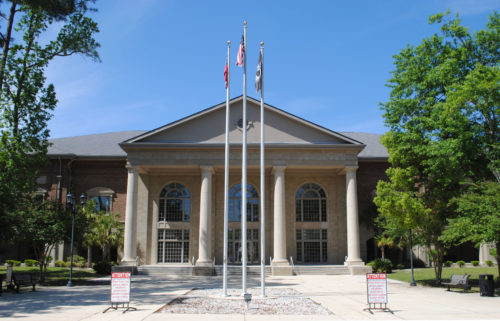
There are approximately seven million new cases filed in New Jerseys Court system each year and these cases range from family matters to violent crimes and financial misfortunes. The decisions made on each of these cases have the power to change the judiciary landscape of New Jersey for future legal matters and it’s critical that each case be treated with special care for both the involved parties and the members of the court.
There are three primary principles to the New Jersey court system: Open Proceedings, Equal Treatment, and Judicial Independence. Open proceedings allow the general public to enter a court room and view a trial. This ensures that the courts are transparent and citizens can see that they work in a fair manner. Most court proceedings are open to the public, although under certain extenuating circumstances a judge may choose to not allow outside parties into the courtroom to preserve the integrity of the trial or ensure the safety of those involved. Equal treatment is also critical to the judicial system as it ensures all individuals, regardless of race, wealth, religion, or disability are treated equal. If not for equal treatment, minorities would suffer injustice and powerful or wealthy individuals would seem untouchable. Lastly, judicial independence allows judges to reach justice by operating independently, openly, and without pressure from outside or ancillary forces. members of the court room.
As courts are extremely visible to the public and media, the utmost care should be taken in deciding each case. By upholding the three principles described above, the New Jersey courts will continue to offer a valuable, fair, and honorable public service.

